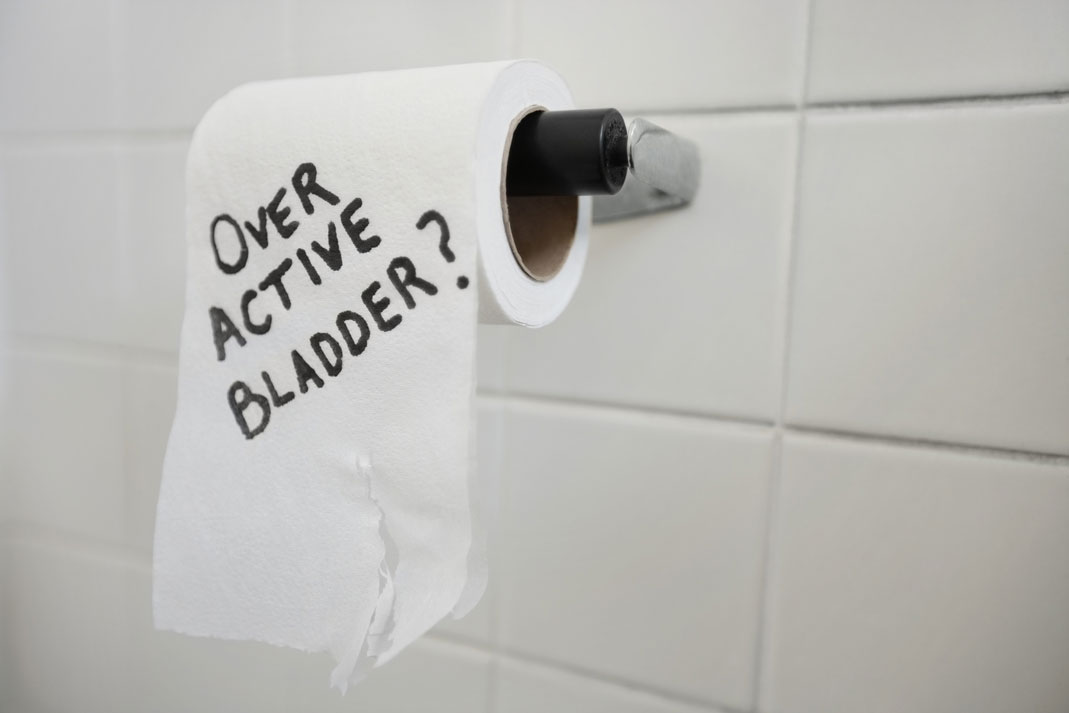The function of a urinary bladder is to store the urine and expel it in a coordinated and controlled manner. This coordinated activity is controlled by the central and peripheral nervous system. However, sometimes, the urinary bladder may malfunction due to neurologic dysfunction. This can lead to an overactive or underactive bladder leading to condition called Neurogenic Bladder.
What is Neurogenic Bladder?
The bladder relies on a set of muscles to contract and release the urine when you are ready. While the process is regulated by the brain, sometimes due to an injury to the spine, brain, or nervous system, the message isn’t sent from the brain to the bladder. This condition is known as neurogenic bladder.
Neurogenic bladder can cause you to have an overactive bladder, underactive bladder or both. Millions of Americans suffer from neurogenic bladder. A patient suffering from an overactive bladder experience a strong urge to use the bathroom frequently and sometimes have trouble holding his urine which results in urine incontinence.
A patient with an underactive bladder may experience urine retention or obstructive bladder. In either case, you can get treated by consulting a physician. If it is not feasible to visit a doctor, you can even call a doctor at home and receive in home health care services offered by Utah Doctors At Home.
What Causes Neurogenic Bladder?
A number of conditions can cause neurogenic bladder. It can be congenital as some children are born with neurogenic bladder. Moreover, children born with the following condition can suffer from neurogenic bladder.
Sacral Agenesis
This is a medical condition in which the lower spine is missing.
Spina Bifida
The fetal spine does not develop completely during the first month of pregnancy.
Cerebral palsy
It is a group of chronic disorders that weakens a person’s ability to control body movement.
Some other medical conditions that can cause neurogenic bladder include:
- Parkinson’s disease
- Stroke
- Multiple sclerosis
- Erectile dysfunction
- Spinal cord injuries
- Central nervous system
- Spinal surgeries
- Trauma/accidents tumors
- Heavy metal poisoning
Neurogenic Bladder Symptoms
Neurogenic bladder symptoms vary from person to person. However, some of the common symptoms include:
- Urinary tract infections
- Leaking urine with an overactive bladder
- Urine retention with underactive bladder
- Frequent urination
- Impaired ability to start urinating
- Uncomfortable and painful urination
- Impaired ability to completely empty the bladder
Negatives Effects of Neurogenic Bladder
The overactive and underactive bladder can cause a variety of problems that often result in unpleasant consequences.
Effects of Urine Leaking
- Unpleasant odor from urine leak
- Wetting clothes
- Sores on the skin can become infected
- Embarrassment due to urine leak
- The unpredictability of urine urges
Effects of Bladder Retention
- Abdominal pain
- Physical discomfort
- Urinary tract infection
How To Diagnose Neurogenic Bladder
Your in home medical care specialist can diagnose neurogenic bladder based on your symptoms history. He may recommend some tests that will help him with diagnosis, these tests include:
- Urine culture
- Cystoscopy
- Urinalysis
- Urodynamic testing
- Bladder ultrasound
The Bottom Line
Neurogenic bladder can be a lot to handle. If you are experiencing one or more of the above-stated symptoms, talk to your in home medical care service provider. The physician will work along with you to find a treatment that will work best for you based on your lifestyle.
Utah Doctors at Home will provide you with comprehensive medical care from the comfort of your own home. Call (385) 247-0050 for admission details today!!

